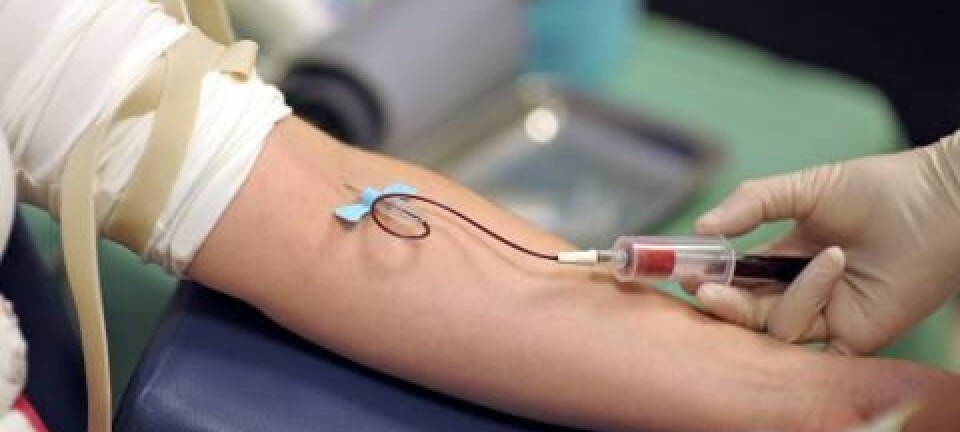
Adrenal tumours linked to high blood pressure
High blood pressure can be caused by adrenal tumors triggering hormone overload.
A new Danish/British study offers a new understanding of the cause of high blood pressure in numerous patients.
The scientists estimate up to ten percent of all cases could be caused by adrenal tumours controlling mutated ion transporters essential for maintaining the body’s electrolyte balance.
Instead of keeping certain ions out, the mutated transporters let them seep right in through what the researchers describe as “a system gone haywire”.
This overstimulates the adrenal glands, triggering an excessive production of aldosterone – a hormone that instructs the kidneys to retain salt in the body, in return causing higher blood pressure.
Normally, the transporters pump ions out of the cell but instead they just allowed them to waltz right in. The mutation made these pumps run haywire.
”It’s the first time we document mutations in these transporters and the results are very, very surprising,” says Hanne Poulsen of the Department of Molecular Biology and Genetics, Aarhus University, who headed the Danish part of the study.
Novel adrenal growth discovered
The experiment began in England where scientists from the University of Cambridge were studying patients suffering from secondary hypertension – high blood pressure that isn’t caused by the usual suspects: obesity, smoking and an unhealthy diet.
Secondary hypertension patients typically don’t respond to the regular medicine against high blood pressure.
Previous studies have shown that these patients often have large adrenal growths causing an overproduction of aldosterone; however, when the British scientists PET scanned patients, they discovered an all new, tinier growth with the same effect.
So far, these tiny tumours have probably been underdiagnosed and this discovery might make it possible to diagnose the cause of hypertension in a lot of patients.
DNA sequencing of the tiny tumours revealed mutations in the genetic code of two proteins – a calcium channel and an ion transmitter – altering their basic functions.
But the sequencing couldn’t tell the scientists how the functions were altered.
Transporters trigger hormone overload
To understand how, they sent the mutated protein code to Poulsen and her research team at Aarhus University.
The team took the genetic code of both mutated and normal proteins and injected them in frog eggs. Each frog egg is a single cell spanning roughly one millimetre, making them ideal for experiments like this.
Days later the egg’s cell membranes were full of ion transporters and the scientists poked them with electrodes to measure the difference between healthy and unhealthy ones.
The results were surprising: mutated transporters had an almost completely reversed function.
“Normally, the transporters pump ions out of the cell but instead they just allowed them to waltz right in. The mutation made these pumps run haywire,” says Poulsen.
Ion flow through the cell stimulates the adrenals to produce aldosterone. Continuous stimulation leads to overproduction of the hormone.
Surgery might cure some cases
The new findings about the tiny adrenal tumours provide doctors with new ways of treatment for hypertension patients.
While the tumours are too small to be picked up by normal scanners, a PET scan can quickly reveal if they are present on the adrenals.
“So far, these tiny tumours have probably been underdiagnosed and this discovery might make it possible to diagnose the cause of hypertension in a lot of patients,” says Poulsen.
If the tumours are removed in time it could cure most people with secondary hypertension completely.
But time is of the essence. Too many years with high blood pressure could have damaged the heart and arteries so much that surgery won’t matter.
------------------------
Read the Danish version of this article at videnskab.dk
Translated by: Kristian Secher









